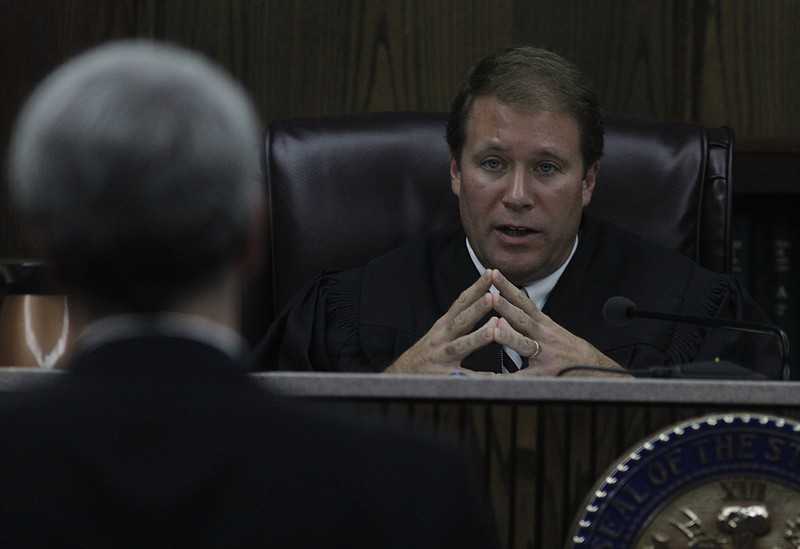Though we're convinced that calls for restorative justice often mean "though we committed the crime, we don't want to do the time," we are sympathetic to calls for rescission of the county's recent adoption of a court-ordered victim services fee.
The recipients of the $45 fee, the Partnership for Families, Children and Adults and the Children's Advocacy Center, are both wonderful nonprofit organizations, do stellar work with victims of various types of abuse and could use the money. But the chances of them seeing most or all of those fees are not good.
We have heard Hamilton County Criminal Court Clerk Vince Dean and his predecessor, Gwen Tidwell, talk about the inability to collect money owed by those who are convicted of a crime and subsequently fined. Even so, we're not advocating judges stop fining convicted criminals.
Let's face it. Especially if we're talking about abuse cases, there's not enough money in fines that could compensate for the abuse of spouses and children.
But at what level do you stop trying to squeeze blood out of a turnip?
If someone is properly jailed, he or she can't work. So unless the incarcerated individual is wealthy, he or she won't be able to pay any fine assessed in judgment, much less a victim services fee.
The Chattanooga-Hamilton County NAACP issued a statement earlier this week condemning the fee as "a dangerous precedent" and warned against fees that amount to "revenue generators that adversely affect, cause irreparable harm and undue hardship to the working class poor, African-Americans and other minority groups."
The organization is correct that such a fee could be a "precedent" because once issued, like a federal government program, it never goes away and only grows larger and more unwieldy.
However, the NAACP's assessment of the affected population is a little skewed. Jail time and fines are assessed against the guilty, whether they be white, black, Hispanic or another race. The aforementioned "irreparable harm and undue hardship" come not because of the race of the perpetrator but due to the crime committed.
Like NAACP branch secretary Eric Atkins, though, we believe there is room to talk about criminal justice reform in the public square. Removing an extra fine that may not ever get collected, no matter how well-meaning the gesture to adopt it was or how valuable the receiving organizations, would be a start.
